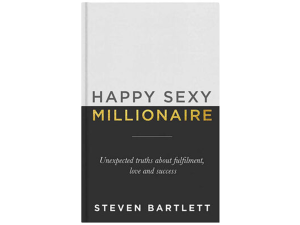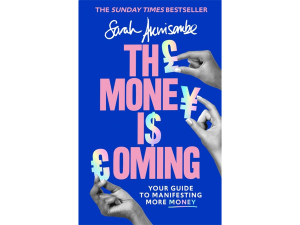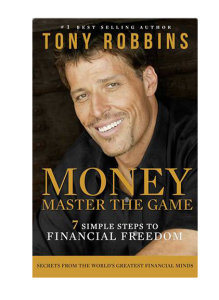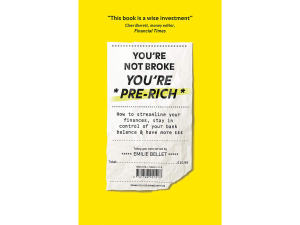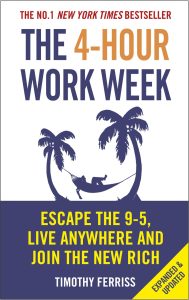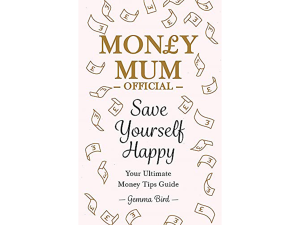The content below may contain affiliate links, please do not feel obligated to purchase via my link, it just helps to keep the blog free for everyone!
Who doesn't love a good book!
I know I do! which is why I wanted to share my favourites with you!
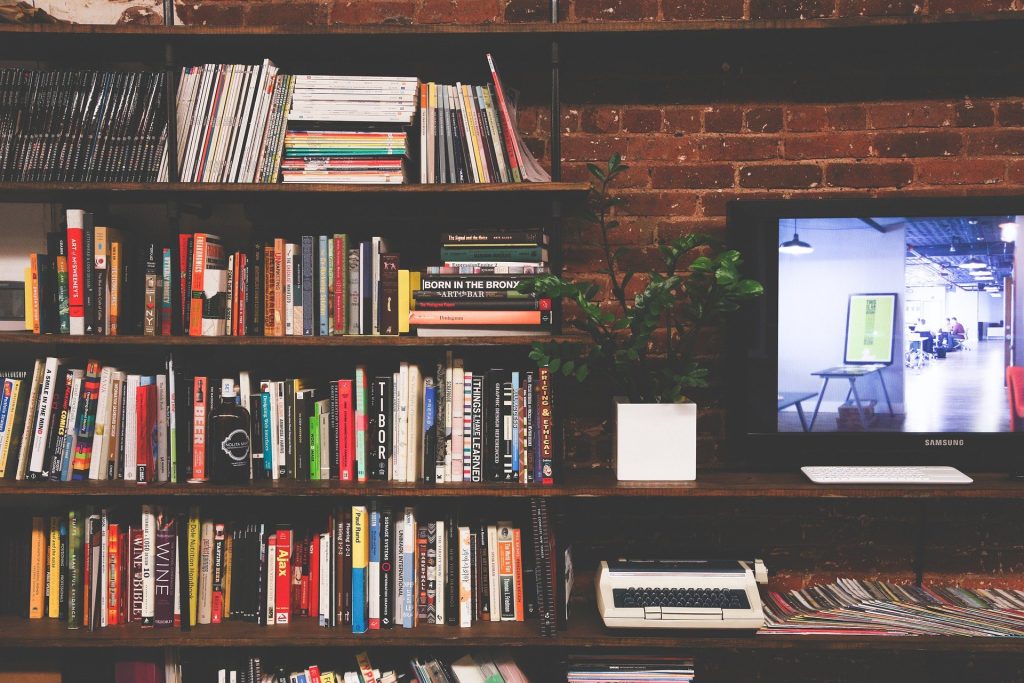
I will be keeping the list updated as I discover more, but these are some of the books i’ve read on my journey to understanding finance and how to kickstart my journey to financial freedom.
I will be including my honest review for each of the books I list, in order to help you decide if it’s for you or not! underneath each book and review is a button that takes you directly to where you can purchase them! (how convenient is that for you!)
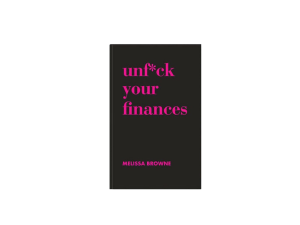
Unf*ck Your Finances<span Melissa Browne
This book seems to have a lot of negative reviews (I know everyone is entitled to their own opinion) but for me it was an eye opening read, I personally loved the 30-day financial detox as it really opened my eyes to how much aimless spending I was doing before hand!
I had the mental approach that the odd £3.00 here and £1.50 there wasn't going to change much, until I realised that was most days and some quicks maths really did shock me, averaging at £2.00 per day x 31 days is £62.00 per month or £744.00 per year.
Just on that 1 simple spend that I never thought about beforehand! Can you imagine my shock at everything else I was pointlessly spending!
There are a lot of other helpful insights within the book too, but that was the one that really hit home for me the most!
I Highly recommend reading this and expanding your mind around finances, if you're interested then click the button below to pick up a copy for yourself!
This book seems to have a lot of negative reviews (I know everyone is entitled to their own opinion) but for me it was an eye opening read, I personally loved the 30-day financial detox as it really opened my eyes to how much aimless spending I was doing before hand!
I had the mental approach that the odd £3.00 here and £1.50 there wasn't going to change much, until I realised that was most days and some quicks maths really did shock me, averaging at £2.00 per day x 31 days is £62.00 per month or £744.00 per year.
Just on that 1 simple spend that I never thought about beforehand! Can you imagine my shock at everything else I was pointlessly spending!
There are a lot of other helpful insights within the book too, but that was the one that really hit home for me the most!
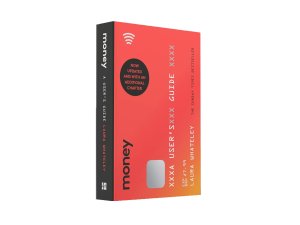
Money: A user's Guide<span Laura Whateley
This book is the holy bible when it comes to understanding money at its most basic level, a few key subjects that are covered within thin book are:
- Mortgages and buying a Home - Investing in the stock market- Budgeting & where to saving- pensions & tax and much more!
When you're starting out, the world of personal finance can be such a daunting thing, primarily because its not taunt anywhere growing up (unless you're lucky to have financially literate parents) which means you need to source the information yourself and that can be a MINEFIELD of information, luckily this book exists to be the light to guide you!
I CANNOT recommend this book enough if you're just starting out on your financial journey, if you're interested then click the button below to pick up a copy for yourself!
This book is the holy bible when it comes to understanding money at its most basic level, a few key subjects that are covered within thin book are:
- Mortgages and buying a Home
- Investing in the stock market
- Budgeting & where to saving
- pensions & tax and much more!
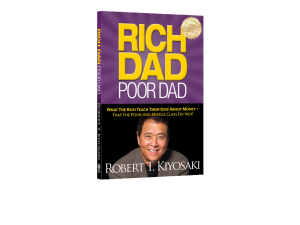
Rich Dad Poor Dad<span Robert T. Kiyosaki
No financial book list would be complete without including this beauty. Rich dad poor dad has been a staple within the library of a lot of financially knowledgable people and there's a very good reason why, it explains the mental differences of the rich and the poor.
Poor people get paid, they spend it on depreciating things, they have no savings and they rinse and repeat this motion EVERY MONTH living payday to payday and relying on one source of income (Their salary). The other side of that coin is how the rich people think and operate, using their money to buy appreciating assets that generate income without them exchanging their time to do so (like you do with earning a salary).
A couple of examples of this are compound interest, rental income and owning the right kind of business.
I will be covering this in a much greater depth in one of my posts but to put it simply:
Poor people > Salary > Depreciating items > losing money
Rich people > Assets > more assets > funded lifestyle > Gaining money
If you want to understand the mindset of a wealthy person and understand about assets and not living payday to payday, click the button below and pick yourself up a copy!
No financial book list would be complete without including this beauty. Rich dad poor dad has been a staple within the library of a lot of financially knowledgable people and there's a very good reason why, it explains the mental differences of the rich and the poor.
Poor people get paid, they spend it on depreciating things, they have no savings and they rinse and repeat this motion EVERY MONTH living payday to payday and relying on one source of income (Their salary). The other side of that coin is how the rich people think and operate, using their money to buy appreciating assets that generate income without them exchanging their time to do so (like you do with earning a salary).
A couple of examples of this are compound interest, rental income and owning the right kind of business.
Poor people > Salary > Depreciating items > losing money
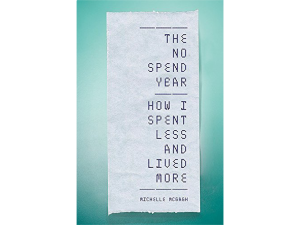
The No Spend Year<span Michelle McGagh
The concept of the book is a good one, outside of necessary spending i.e your rent/mortgage and utilities and a very minimal amount for things like food and toiletries, everything else that costs money has to stop.
This book does get you thinking a lot regarding how you'd travel with no money and have fun with no money
I think it's quite an extreme goal to spend as close to zero as physically possible, because whilst it's nice to have an extra chunk of savings due to spending zero, it can very easily lead to you falling off the goal because you still need to enjoy yourself at the same time.
Personally i'd read the book as it does have a lot of good and useful information within it, but I would adjust it to your own goal and ability, mine for example was setting a goal to save 95% and enjoy life on the other 5%, just to keep me on track but some fun money to keep the motivation there (some months i didn't spend anything so was able to save 100% of what was left over after paying bills)
